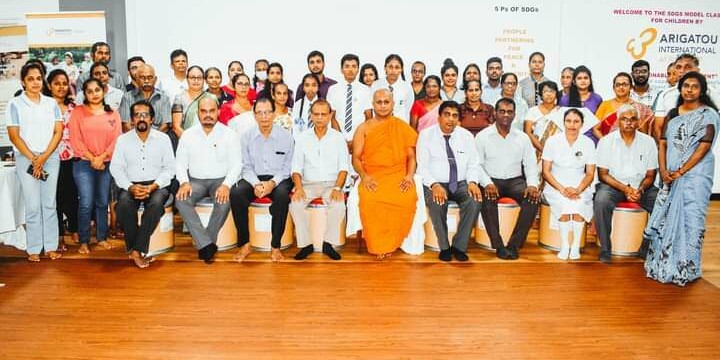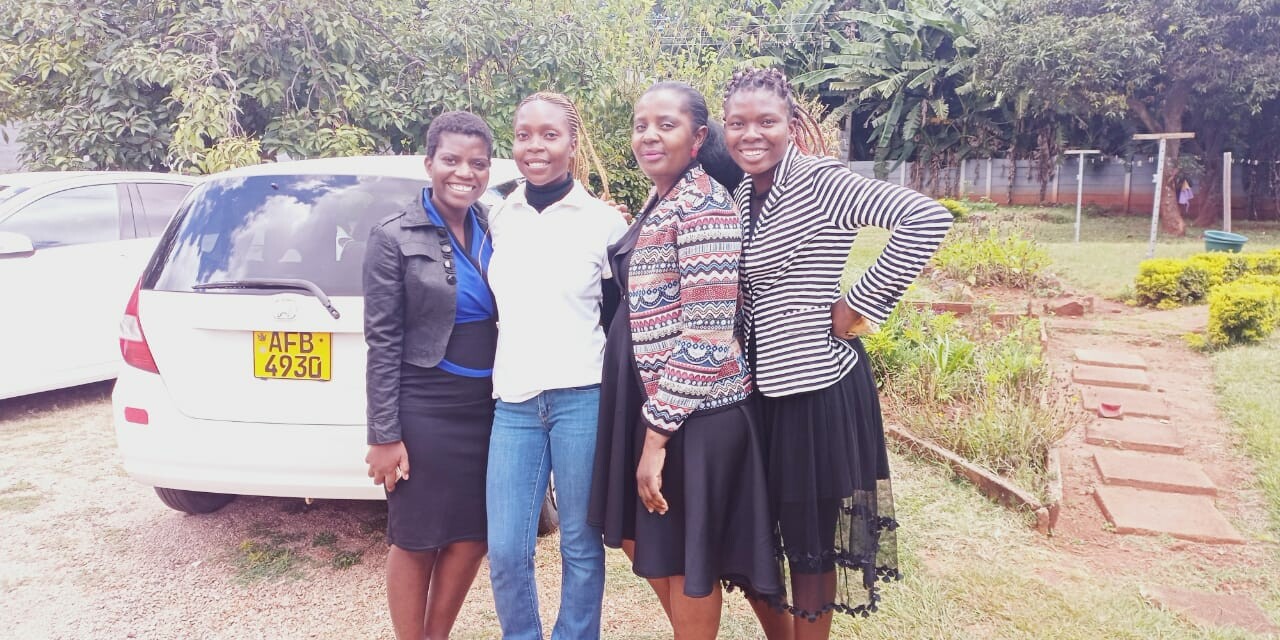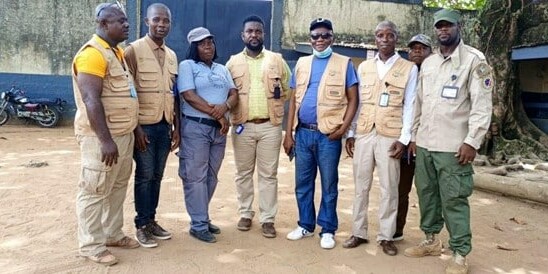
Providing Access to Safe Drinking Water
Today 1.1 billion people, one-sixth of the world’s population, live without access to safe drinking water. This humanitarian crisis has staggering costs. Eighty percent of the illnesses and deaths in the developing world are attributable to water-borne diseases.
This issue is intertwined with many other social ills plaguing the planet. Making an impact on poverty, hunger, illiteracy, disease, water scarcity aggravated conflicts and many other issues are all significantly dependant on solving the word’s water crisis. Ensuring reliable access to safe drinking water (ASDW) and repairing damaged water systems are crucial components of creating a just, peaceful and sustainable world.
Thankfully, there is a growing awareness that ASDW is an urgent and acute need around the world. The United Nations, Governments, NGO’s, religious and spiritual communities, businesses and leaders from civil society have begun to understand the nature and dynamics of the crisis, create effective strategies and take meaningful actions. How can we reverse the trend of growing water scarcity? How can sustainable projects be created to provide reliable access to safe drinking water? How can cross-city and multi-sector efforts most effectively address the crisis at the local and global levels?
To explore these questions, teams of grassroots leaders and experts from twenty-six cities in Argentina, Brazil, Cambodia, Canada, India, Israel, Kenya, the Philippines, Rwanda, Spain, Sri Lanka, Taiwan, Thailand, Turkey, Uganda, the United Kingdom, the United States and Uganda convened in Taipei, Taiwan from November 6 – 12, 2004 to focus on the theme of Spirituality and Sustainability — Water: the Common Element.
{loadposition 2004slideshow}
The venue for the week was the impressive Museum of World’s Religions located near Taipei. The Museum, founded by visionary Buddhist leader Dharma Master Hsin Tao, proved to be an inspiring meeting ground for the 2004 Goldin Institute proceedings. The location of Taipei proved to be a meaningful place as well, given that sixty-five percent of the people without ASDW live in Asia.
The Goldin Institute is an annual forum started in 2002 to bring together local leaders from the emerging international Partner Cities Network to provide mutual support and share the methodologies and tools needed to build peaceful, just and sustainable communities.



